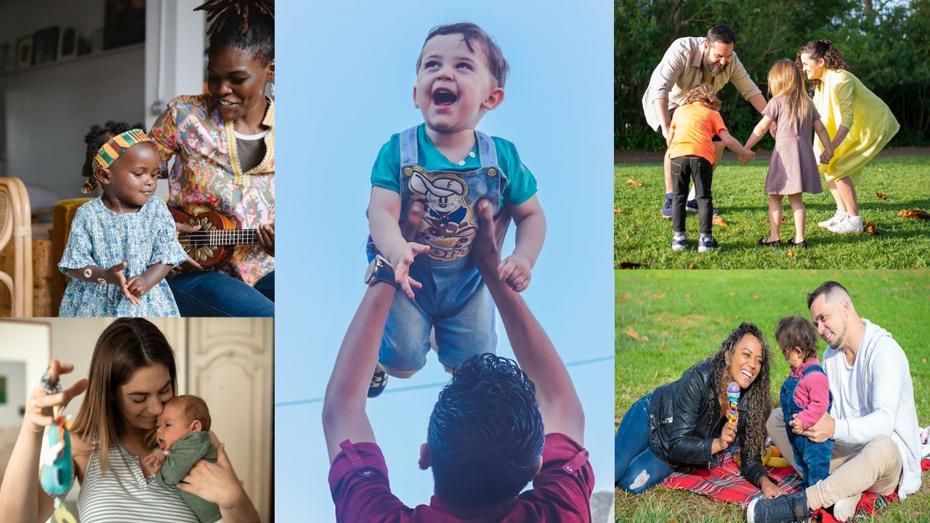
Welcome to Rhyme Time for All
A multilingual nursery rhyme bank which includes ten nursery rhymes which have been translated into 15 different languages, Arabic, Chinese, Dutch, Farsi-Persian, French, German, Italian, Lithuanian, Polish, Portuguese, Punjabi, Spanish, Russian, Ukrainian, and Urdu.
We are grateful to Makaton Tutor Mel for providing us with videos where they sign the rhymes, and we also welcome the videos shared with us by Cambridgeshire Music.
We will continue to build on the content in the nursery rhyme bank, but to do so we will need your help. Once you have had a look around the nursery rhyme bank, we would welcome your feedback on what we have done so far and what still needs to be done, so please complete our survey.
The Benefits of Singing Rhymes with Your Little Ones
Sharing songs and rhymes together with your little one can help their brain grow. When you sing together, you are boosting your little one’s communication and language development and you are also helping support their creative expression, physical development, numeracy skills, confidence and understanding, as well as their knowledge and experience of the world.
Many nursery rhymes are repetitive which can support the development of memory, kickstart the practice of listening and speaking, and help little ones learn lots of new words too. When we sing, we slow our speech and stretch out sounds, pronouncing them more clearly. Singing not only engages your little one's attention but also helps them hear the sounds of words more clearly. This helps them learn to speak and communicate with you. Not only that, but it also strengthens your connection with your little one.
Whether your little one is bilingual or monolingual, your interactions with them are key to their development. Research has shown that bilinguals reach language milestones at the same pace as monolingual children and responsive and attentive back-and-forth interactions between little ones and their caregivers can make a difference to their language development over time. Sharing your language with your child gives them high-quality language experiences. It is much easier to keep talking or singing with your little one when you talk or sing in the language you feel most comfortable using.
You can encourage your little one to join in and take turns when you’re singing by using gestures or actions they can copy. You can try waiting at the end of a line so they can make a sound or try to copy you. These little games will give your little one a chance to practice taking turns and these interactions help them begin to understand how conversations are formed.
Nursery Rhymes
Rhyme Time For All choice cards
When we ask little ones what rhyme they would like to sing, they might not understand the question we are asking, or it might be tricky for them to recall the name of the rhyme. We can use choice cards that act as a visual clue to support their understanding, and which also act as a prompt to support their recall.
For instance, we might hold up two of the cards and ask, “Little Turtle or Twinkle, Twinkle?” Your little one might then let you know which rhyme they would like to sing with you by either babbling, looking or pointing at one of the cards or by using other gestures or words. Remember to offer your little one praise for the choice they make as they are trying hard to communicate with you, whatever method they use.
Other Rhyme Time activities
There are links between rhythm, rhyme and music. Why not take a look at our 50 Things To Do Before You’re app which includes activities for Rhyme Time, Making Music and Talking Signs?
Cambridgeshire Library Service runs regular Rhyme Time sessions at most libraries. Details can be found on their Facebook page.
Cambridgeshire Child and Family Centres also run Rhyme Time sessions, details can be found on their What’s On pages on Facebook:











